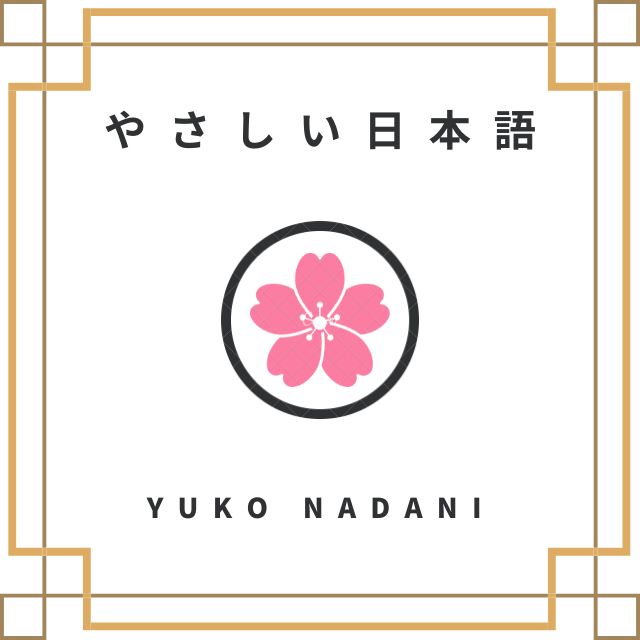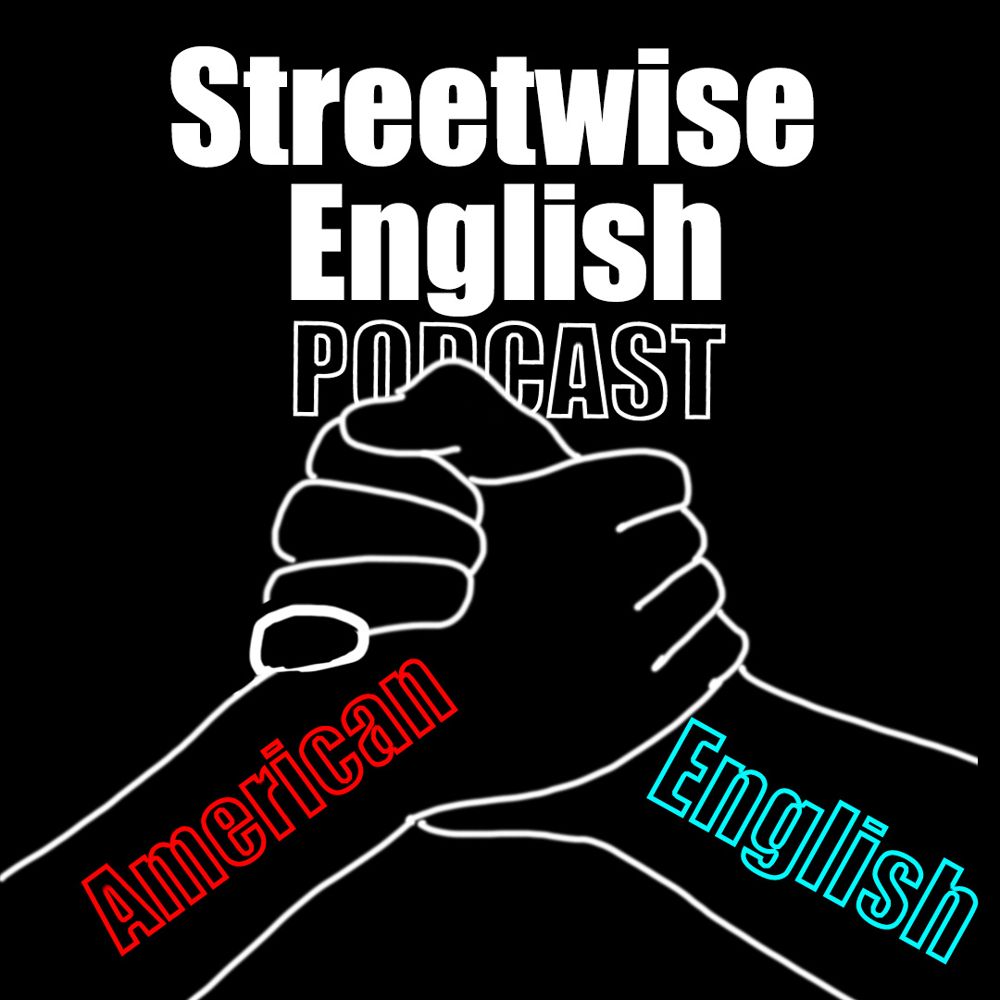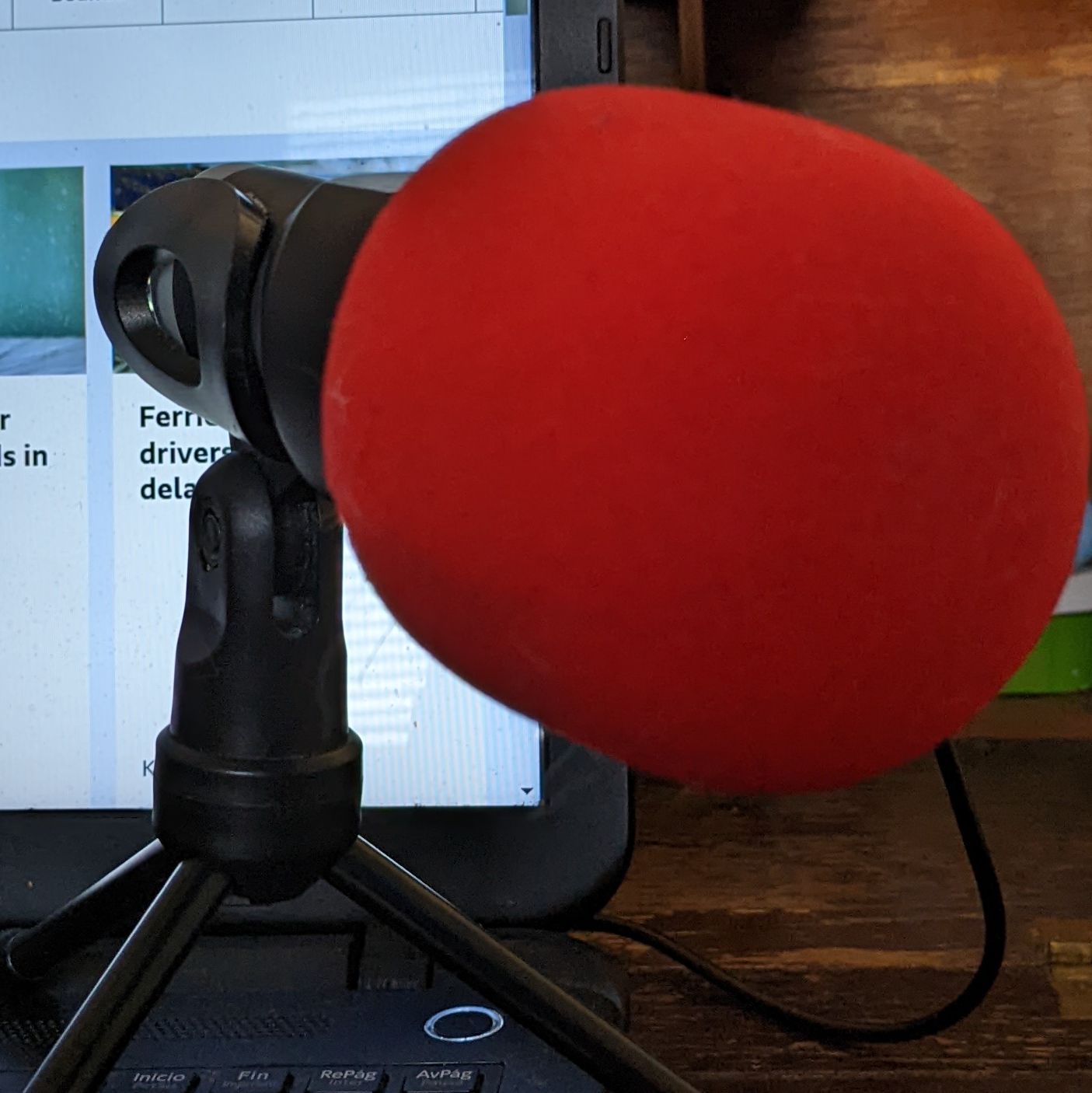
Why Are New Zealanders Called Kiwis?
Mô tả
Around the world, "Kiwi" is a popular nickname for New Zealanders, and people from New Zealand will often call themselves "Kiwis" too. For most New Zealanders, the word Kiwi is a positive and friendly nickname — but where did it come from?
The name actually comes from the kiwi: a fluffy bird that has a round body, a long beak and cannot fly. It is only found in New Zealand.
While the bird was already used on New Zealand's stamps and money by the late 19th century, it was first used to represent New Zealand in 1904 — when it was used in a cartoon to represent the country's rugby team. After that, the bird was often shown in cartoons to represent the country.
During World War I, soldiers from New Zealand who were fighting in Europe wore an image of the bird on their uniforms. "Kiwi" became a popular nickname for these soldiers, and it continued to be used after the war.
So the people and the birds don't get mixed up, "Kiwi" as a nickname for New Zealanders is usually written with a capital K, while the bird's name is usually written with a small k: "kiwi."
The kiwi fruit, which is originally from China, is also named after the bird. In 1959, fruit exporters in New Zealand started calling it "kiwifruit" because its fluffy, brown skin looks similar to the fluffy bird.
However, it is important not to mix up Kiwi people, kiwi birds and the kiwi fruit! Although the fruit is usually just called "kiwi" in other parts of the world, New Zealanders only ever call it "kiwifruit."
Kênh Podcast
Practice Listening, Reading & Comprehension
Tác giả
Tất cả các tập

How to use 1. 够可以的 2. 一口咬定 3. 话里话外 in Chinese Colloquial Idioms

Basic Spanish: ¿Cómo es tu amigo? (What's your friend like?)

年に1回の特定健診(とくていけんしん) An annual Health Check

91 – Aumenta tu nivel de español inmediatamente usando estas frases

“How to cope with anxiety: scientific method”「「どうしようもない不安」を科学的になくす超対策」

SWE61 Piano Virtuoso

いそがしい=busy じゃありません!

To be Fed Up (with transcript)
Các tập phổ biến

A Course in Chinese Colloquial Idioms
How to use 1. 够可以的 2. 一口咬定 3. 话里话外 in Chinese Colloquial Idioms

Super Basic Spanish
Basic Spanish: ¿Cómo es tu amigo? (What's your friend like?)

やさしい日本語(にほんご)
年に1回の特定健診(とくていけんしん) An annual Health Check

Blanca to go
91 – Aumenta tu nivel de español inmediatamente usando estas frases

"After 5" by Japanese Teacher
“How to cope with anxiety: scientific method”「「どうしようもない不安」を科学的になくす超対策」

Streetwise English
SWE61 Piano Virtuoso

ようへい先生 N4~N3 レベルの生徒(せいと)へ (^^♪
いそがしい=busy じゃありません!

Teacher Joseph's Podcast
To be Fed Up (with transcript)